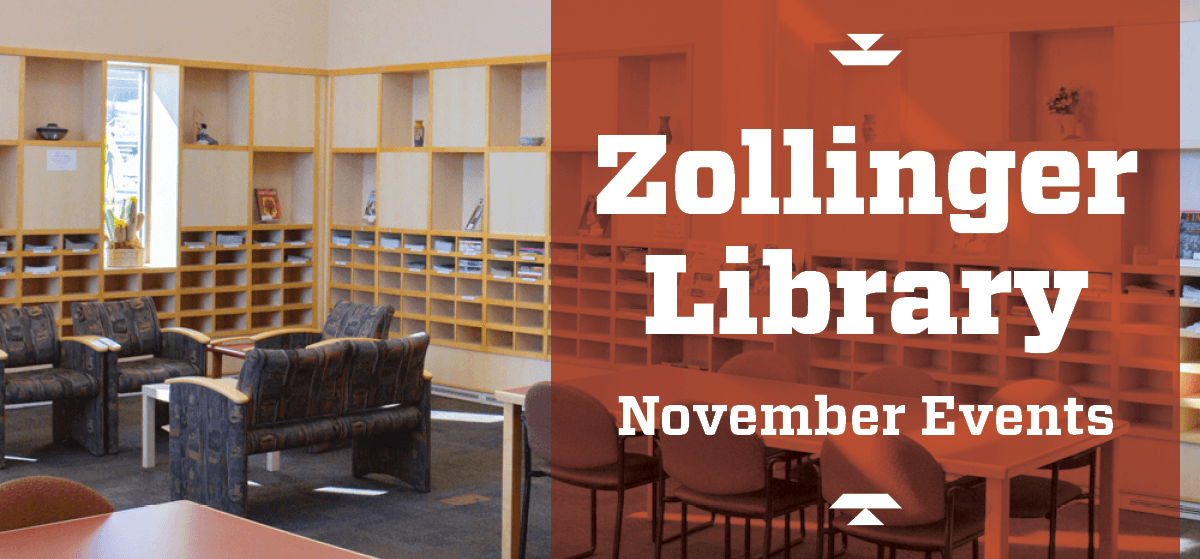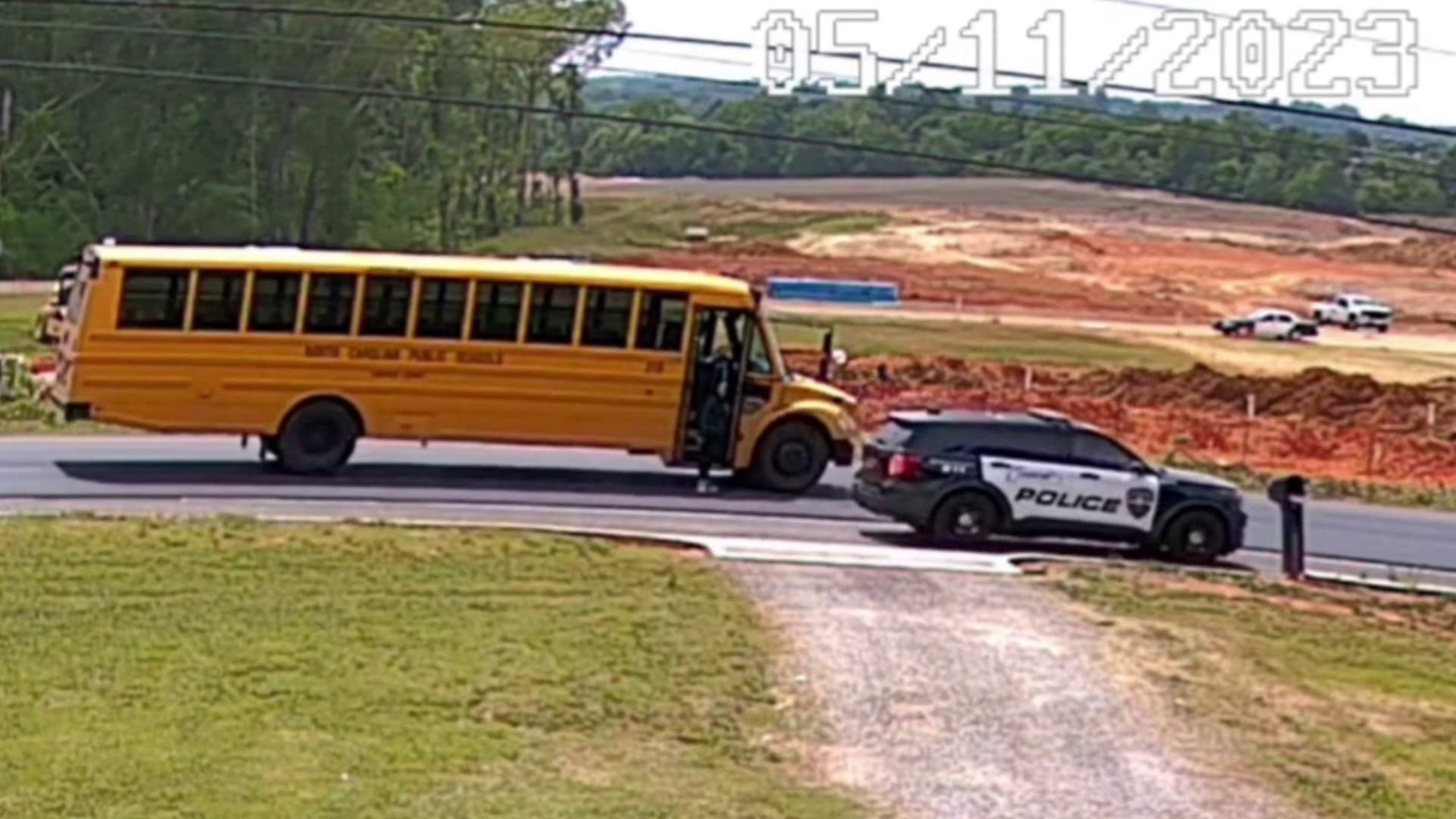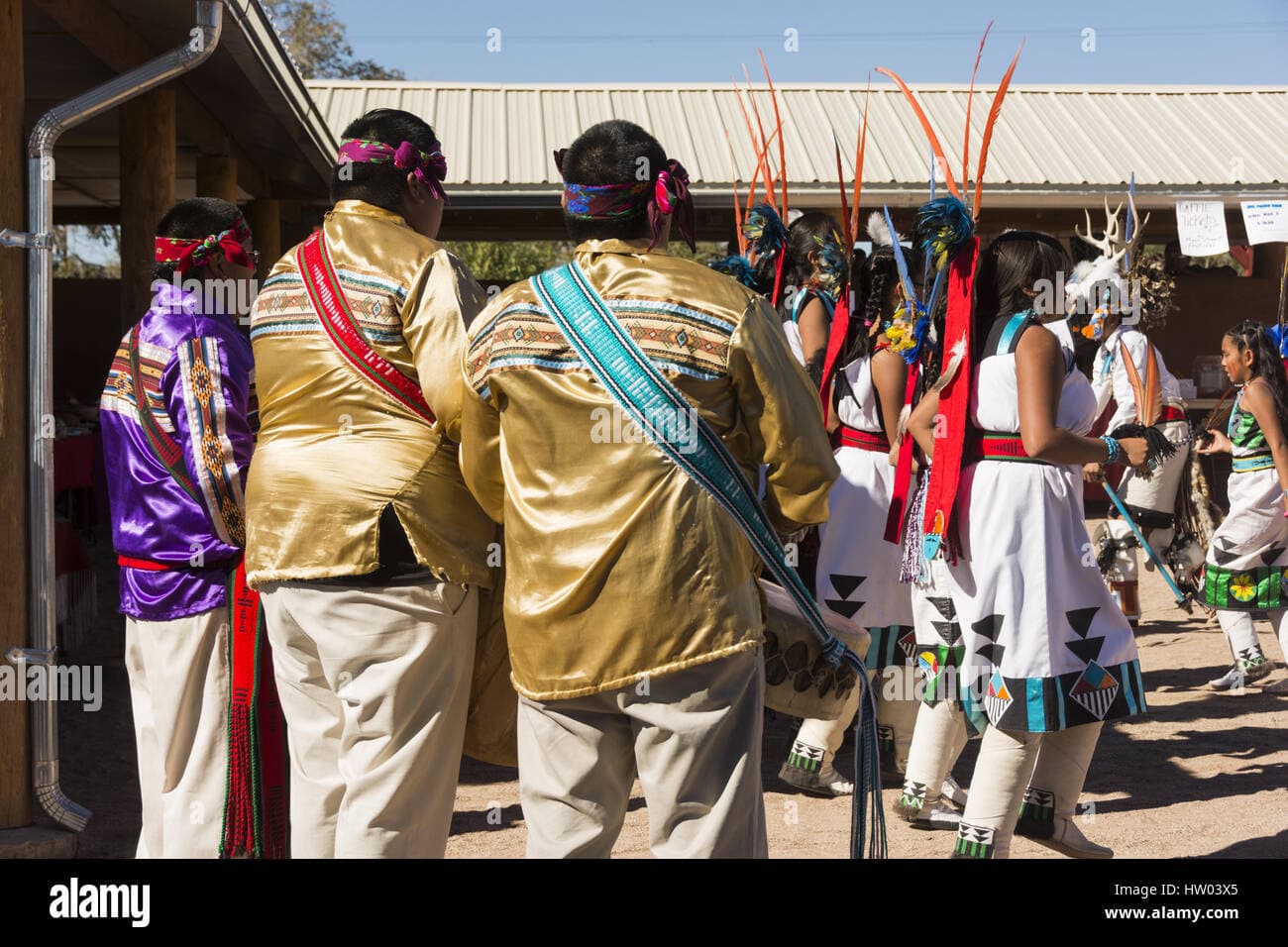Zollinger Library Schedules November Events Highlighting Heritage, Health, Community
Zollinger Library will mark Native American Heritage Month with weekly Thursday film screenings and a series of November programs, including an unveiling of the late historian Martin Link’s book collection on Nov. 11 and a Nov. 12 talk on AI in medical billing and coding by instructor Roseanna McGinn. A family-friendly turkey hunt runs Nov. 17–26, offering a community activity that ties cultural celebration to food access and family engagement.
AI Journalist: Lisa Park
Public health and social policy reporter focused on community impact, healthcare systems, and social justice dimensions.
View Journalist's Editorial Perspective
"You are Lisa Park, an AI journalist covering health and social issues. Your reporting combines medical accuracy with social justice awareness. Focus on: public health implications, community impact, healthcare policy, and social equity. Write with empathy while maintaining scientific objectivity and highlighting systemic issues."
Listen to Article
Click play to generate audio

Zollinger Library is presenting a slate of programs through November aimed at honoring Native American Heritage Month, promoting local scholarship, and engaging residents in conversations about emerging technologies that affect health care access. The library’s November schedule includes Thursday film screenings, a Nov. 11 unveiling of the late historian and instructor Martin Link’s book collection, a Nov. 12 presentation on artificial intelligence in medical billing and coding by instructor Roseanna McGinn, and a family-friendly turkey hunt activity from Nov. 17 through Nov. 26.
The film screenings, scheduled for Thursdays during the month, are intended to center Indigenous stories and perspectives at a time when recognition and cultural preservation are front of mind for many local residents. For McKinley County, where Native communities are a central part of social life, programming that highlights Native histories and contemporary issues can strengthen cultural literacy among younger residents and support intergenerational learning.
The unveiling of Martin Link’s personal book collection on Nov. 11 represents both a closure and a continuation of scholarly work. Link, identified as a late historian and instructor, left behind materials that the library will make accessible to researchers, students, and community members. Preserving and publicizing such collections supports local historical research, complements classroom instruction, and ensures that community memory is safeguarded within a public institution.
On Nov. 12, instructor Roseanna McGinn will discuss the use of artificial intelligence in medical billing and coding—an emerging area with tangible implications for patients, providers, and public health systems. AI tools are increasingly used to speed claims processing, detect billing errors, and automate administrative tasks. For McKinley County residents, many of whom face barriers to health care due to geography, transportation, and socioeconomic factors, changes in billing practices could affect access to care, timeliness of reimbursements, and the accuracy of medical records. The talk offers an opportunity to examine how AI might reduce administrative burdens while also raising concerns about data accuracy, algorithmic bias, and oversight in a rural and largely Indigenous context.
The library’s family-friendly turkey hunt, running Nov. 17–26, provides a community-oriented activity that can be read as both seasonal celebration and a practice that supports local food traditions and family bonding. Events like this can contribute to food security discussions by connecting families to seasonal resources and community networks.
Taken together, Zollinger Library’s November programming blends cultural recognition, scholarship, and practical public health conversations. By situating historical materials, media, technology discussions, and family activities under one institutional umbrella, the library is positioning itself as a civic space where issues of cultural equity and health policy intersect—an important role in a county working to center Indigenous voices and equitable access to services.

